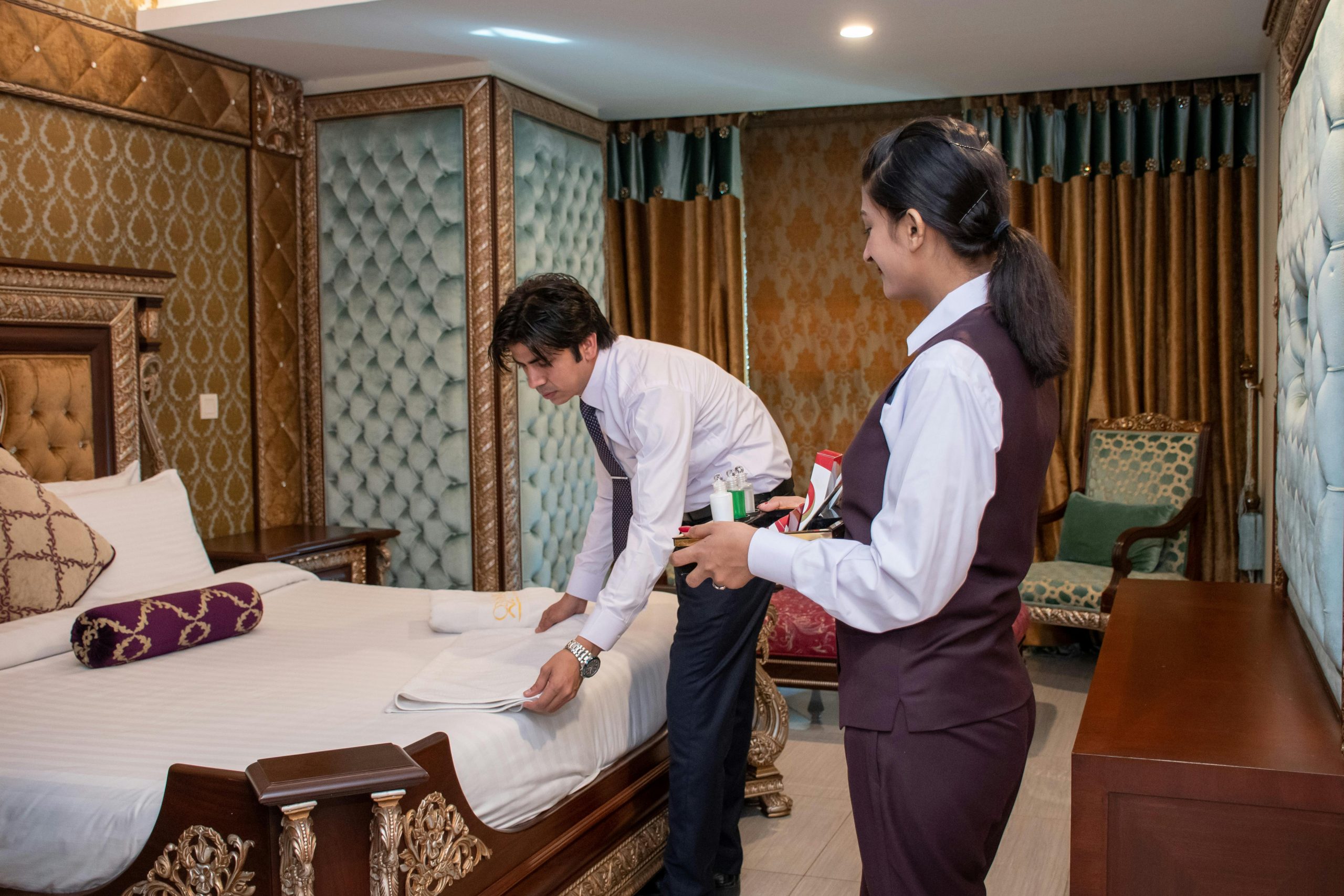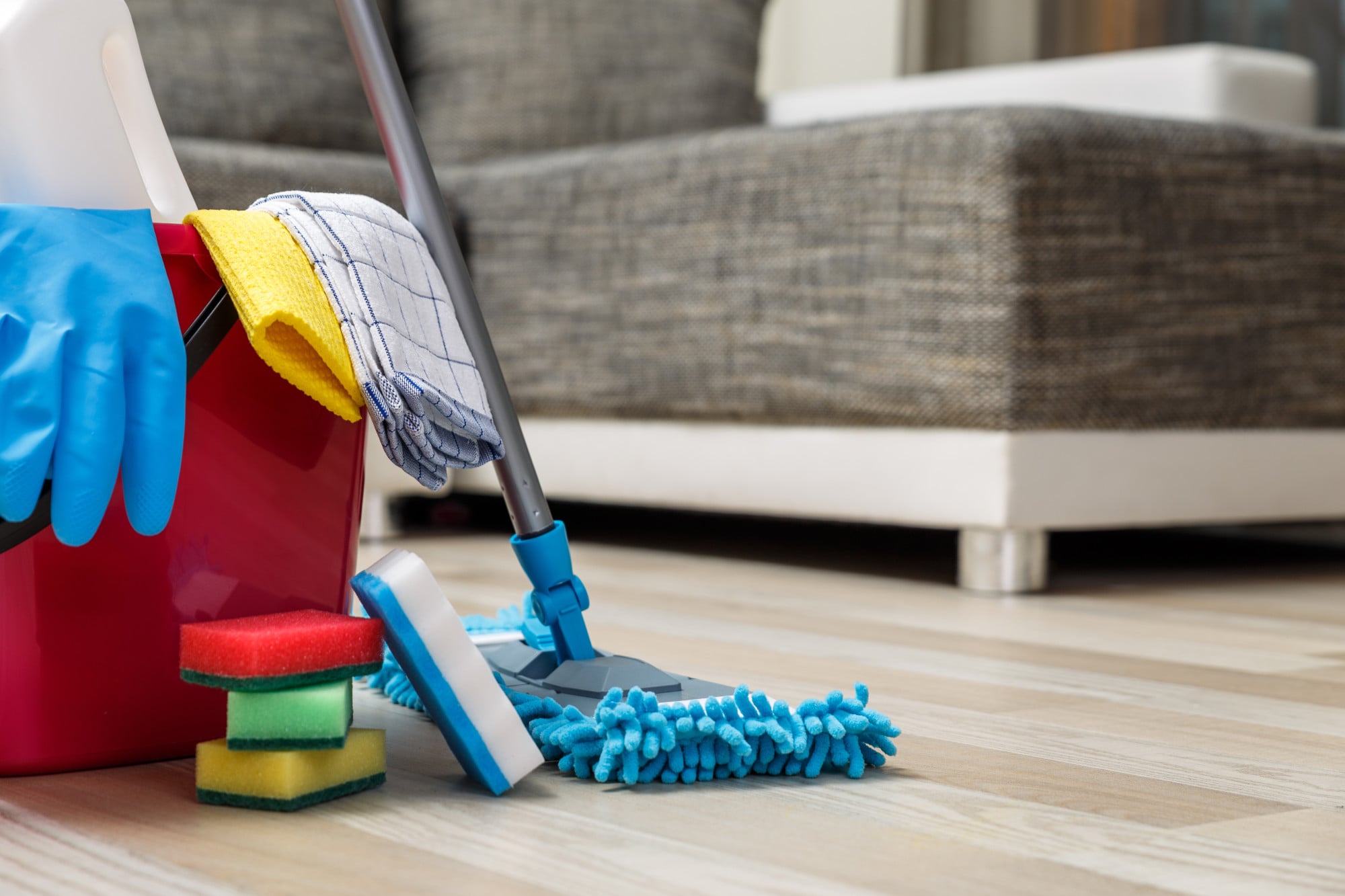In the competitive world of hospitality, mastering effective hotel management is essential for delivering exceptional guest experiences and optimizing operational efficiency. Whether you run a boutique resort or a large-scale hotel, adopting innovative management techniques can significantly impact your bottom line.
At Inter Property Phuket, we understand the importance of staying ahead in a dynamic market. This article delves into four brilliant hotel management practices that can transform how you operate your property, streamline your services, and elevate your brand reputation.
1. Implement Data-Driven Decision Making
One of the most impactful hotel management practices is the use of data analytics to guide decision-making. Gone are the days when managerial decisions were based solely on intuition. Today, data can provide clear insights into guest behavior, booking trends, occupancy rates, and more.
Benefits of Data Analytics in Hotel Management
- Increased Operational Efficiency: Analytics help identify underperforming departments, peak operational times, and service bottlenecks.
- Enhanced Guest Experience: Understanding guest preferences allows for tailored marketing campaigns and personalized services.
- Better Revenue Management: Predictive analytics can optimize pricing strategies based on real-time demand and historical trends.
Adopting property management systems (PMS) that integrate analytics dashboards is crucial for modern hotel management. These systems offer real-time data and reports that support faster and more accurate decision-making.
2. Embrace Automation and Smart Technology
Technology is revolutionizing the hospitality industry, fundamentally reshaping the way hotels operate and interact with guests. At the forefront of this transformation is automation, which is driving significant improvements in efficiency, consistency, and guest experience. From the moment a guest books a room to the time they check out, automated systems are streamlining processes that were once manual and time-consuming.
One of the most visible examples is automated check-in and check-out kiosks, which allow guests to bypass the front desk entirely, reducing wait times and enabling a more seamless arrival and departure experience. Mobile apps further enhance convenience by letting guests manage their reservations, make special requests, or access their rooms using digital key technology—all from their smartphones.
Inside the rooms, smart technology takes personalization and comfort to new heights. Automated lighting, climate control, and entertainment systems can adapt to individual preferences, creating a customized environment that enhances the overall stay. Voice assistants and touchless controls also contribute to a more hygienic and intuitive experience.
Key Areas for Automation in Hotel Management
- Self-Service Kiosks: Reduce front-desk congestion by allowing guests to check in and out independently.
- Smart Room Controls: Provide guests with the ability to adjust lighting, temperature, and entertainment through mobile apps.
- Chatbots and AI Assistants: Handle common inquiries instantly, freeing up staff for more complex tasks.
Hotels that integrate smart technology into their management systems report higher efficiency levels and improved guest reviews. Not only does this reduce human error, but it also allows staff to focus on delivering personalized service.
3. Optimize Staff Training and Engagement
A well-trained, motivated team is the backbone of any successful hotel. Staff who are engaged and knowledgeable contribute directly to enhanced service quality and operational efficiency.
Best Practices for Staff Management
- Regular Training Programs: Conduct ongoing workshops on hospitality trends, customer service, and new technology.
- Clear Communication Channels: Use digital platforms to keep all team members informed about daily operations and changes.
- Employee Recognition: Implement reward programs that recognize outstanding performance, increasing job satisfaction and retention.
Hotel management strategies that prioritize staff development ultimately lead to a more competent and committed workforce. This creates a positive environment that reflects in guest interactions.
4. Streamline Housekeeping and Maintenance Operations
Efficiency in housekeeping and maintenance is vital for guest satisfaction and operational excellence. Delays in room readiness or unresolved maintenance issues can lead to negative reviews and reduced repeat business.
Strategies to Enhance Back-of-House Efficiency
- Task Management Software: Assign and track housekeeping tasks digitally to ensure timely room turnovers.
- Preventive Maintenance Plans: Schedule routine inspections and repairs to minimize equipment failure.
- Inventory Management: Keep real-time logs of cleaning supplies and maintenance tools to avoid stockouts.
Hotels that fine-tune their housekeeping and maintenance protocols not only improve guest satisfaction but also reduce operational costs by avoiding emergency repairs and last-minute staff deployments.
Conclusion: Redefining Hotel Management at Inter Property Phuket
Effective hotel management is not a static process but a dynamic one that evolves with technological advancements and guest expectations. By integrating data analytics, automation, staff engagement, and streamlined housekeeping, hotels can significantly enhance their operational efficiency.
At Inter Property Phuket, we believe in continuous improvement. Implementing these four brilliant hotel management practices can set your property apart, ensuring long-term success in a highly competitive market. Start today by analyzing your current practices and identifying areas for immediate improvement. Efficiency is not just a goal—it’s a strategic advantage.
FAQs
1. What is the most important factor in effective hotel management?
The most important factor is delivering consistent, high-quality service through efficient operations and trained staff. Combining technology with human expertise leads to optimal results.
2. How can small hotels implement these management practices?
Small hotels can start by adopting affordable property management software, training staff on basic hospitality principles, and introducing simple automation tools like online booking systems and chatbots.
3. Why is staff training crucial in hotel management?
Well-trained staff provide better service, resolve issues quickly, and create a welcoming environment. Regular training also ensures that employees stay updated on the latest industry standards and technologies.
From expert tips to trending updates, it’s all available on our main page.











Leave a Reply